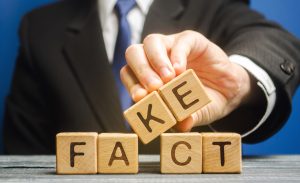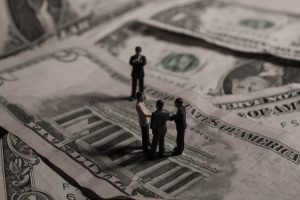 Pilot training program allegedly falsified enrollment figures to obtain Veterans Affairs funding
Pilot training program allegedly falsified enrollment figures to obtain Veterans Affairs funding
Universal Helicopters Inc. and Dodge City Community College have paid $7.5 million to resolve allegations they violated the False Claims Act by making false statements to the U.S. Department of Veterans Affairs in connection with a training program they jointly run for helicopter pilot flight instructors in Ford County, Kansas and Chandler, Arizona.
Universal paid $7 million, while Dodge City paid $500,000—an amount the U.S. Department of Justice noted was based on Dodge City’s ability to pay.
 The Whistleblower & Anti-Fraud Blog
The Whistleblower & Anti-Fraud Blog



 hinese Billionaire Liu Zhongtian—known as “Uncle Liu” or “Big Boss”—have been
hinese Billionaire Liu Zhongtian—known as “Uncle Liu” or “Big Boss”—have been 
 uit Court of Appeals has affirmed that false statements regarding eligibility to take part in government programs—and not just subsequent false claims for payment after being allowed to participate—are actionable under the
uit Court of Appeals has affirmed that false statements regarding eligibility to take part in government programs—and not just subsequent false claims for payment after being allowed to participate—are actionable under the  nment cannot raise “qualified immunity” as a defense, the Fourth Circuit Court of Appeals has held. The state of mind required to establish False Claims Act liability forecloses it, the court reasoned in
nment cannot raise “qualified immunity” as a defense, the Fourth Circuit Court of Appeals has held. The state of mind required to establish False Claims Act liability forecloses it, the court reasoned in 
 s supplier CWD Holdings, LLC – which does business as Centric Parts – has agreed to
s supplier CWD Holdings, LLC – which does business as Centric Parts – has agreed to  ed to
ed to 